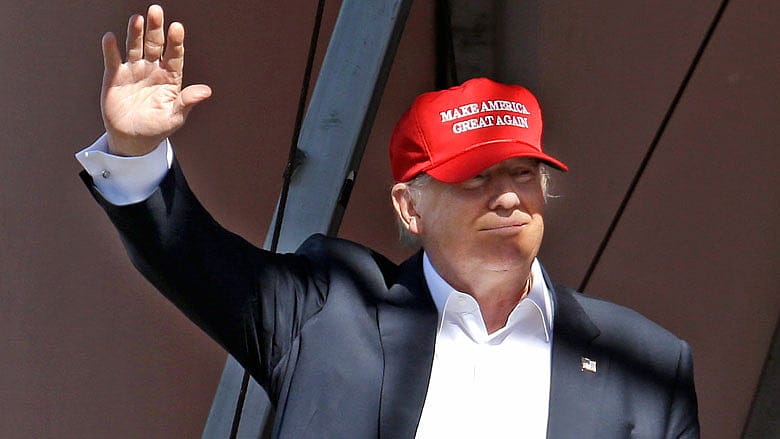What Trump must do to win over conservatives

"Today, the belief in American exceptionalism has vanished with the end of empire, the weakening of power, the loss of faith in the nation's future." Sound familiar? It could be a lament from anyone in Donald Trump's camp or from Trump himself. Actually, it is an excerpt from a 1976 article by Daniel Bell, a self-described "socialist in economics," whose view of America's role in the world reflected a dour minimalism, in contrast to Donald Trump's muscular appeal to greatness.
That Bell wrote as he did can be understood in view of the tenor of his times: national remorse over Vietnam and Watergate, stagflation, gas lines, emerging Soviet nuclear superiority and rising crime rates. What Bell could not predict and what Trump appears not to appreciate is that America recovered from this torpor largely as a result of the Reagan administration's stewardship of U.S. economic and defense policy during the 1980s. The story of that success is familiar to anyone who considers himself a conservative: rapid recovery from a deep recession, the onset of the Great Moderation that made economic growth and price stability possible for two decades, and – most dramatically – the end of the Cold War and of nuclear brinksmanship.

